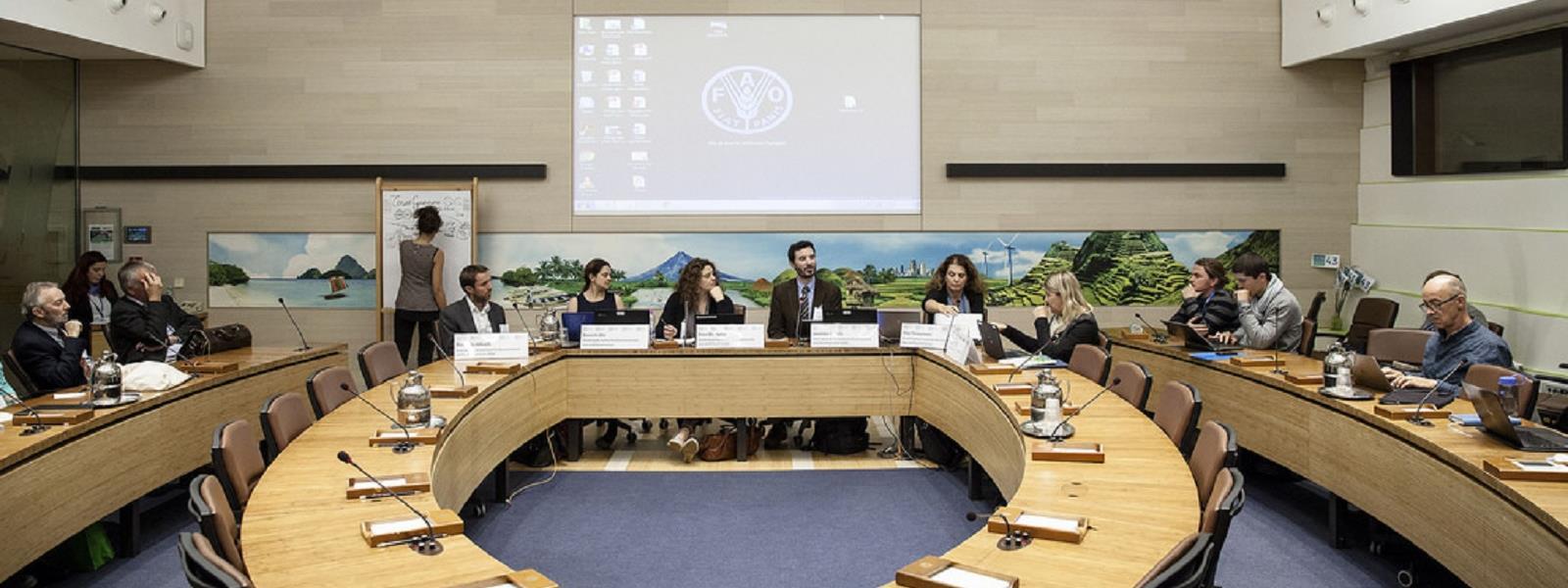BeneLex and MARINE BENEFITS PI Elisa Morgera has been invited to contribute to the consultation, organized in cooperation with the UN Environment Programme (UNEP), as part of the 2016 thematic project studying human rights obligations pertaining to biodiversity and ecosystems of the UN Special Rapporteur John Knox. The report aims to clarify how human rights obligations apply to conservation policies and programmes, how conservation can support human rights, and best practices in avoiding any conflicts between the worthwhile goals of conserving biodiversity and ecosystems, on the one hand, and safeguarding human rights, on the other. The consultation will gather approximately 20-25 participants, with a wide range of experience and expertise in human rights and/or conservation, including representatives of international institutions and civil society organizations as well as academics. Discussions, challenges and lessons learned identified through the consultation will help to inform my next report to the UN Human Rights Council, to be presented in March 2017.

